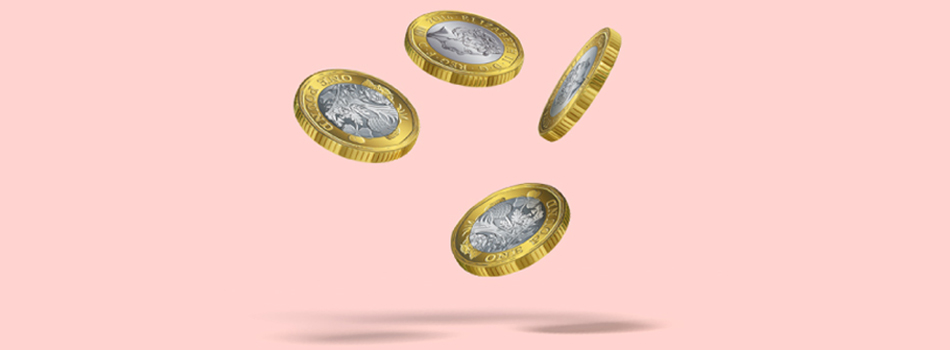
Make money make sense
Make every penny count with expert, impartial advice for just £49 a year – plus, get a £10 M&S voucher.
Join Which? MoneyJoin by midnight on 15 February 2026 and receive a £10 M&S gift card.

Black Friday spending is set to hit a new record this year, with more than 12 million transactions expected to be made on the first day of the sales, according to analysis of Nationwide’s debit card spending data.
This would make it the busiest Black Friday on record and reflects a 10% increase on 2024, when shoppers made 11 million transactions.
Those planning to shop are expected to spend £123 on average. But it’s worth checking whether deals are as good as they seem – and making sure your purchase is protected if something goes wrong.
Here, we round up the wisest ways to pay this Black Friday.
Before you even get to the checkout, it’s worth checking whether the deal is as good as it seems.
Every year, Which? analyses hundreds of Black Friday offers and we consistently find that many discounted items are available for the same price or less at other times of the year.
You can use our guide on how to avoid fake Black Friday deals, or let us do the legwork – our experts round up the best offers each year, from toilet roll to tumble dryers.
If you do decide to shop, paying by credit or debit card can give you extra protection if something goes wrong – for example if the item isn’t as described or the retailer goes bust.
For larger purchases, use a credit card to take advantage of Section 75. This makes your card provider jointly liable with the retailer for purchases between £100 and £30,000, meaning you can claim a refund if goods arrive faulty or don’t turn up.
If your purchase costs less than £100 you may be able to make a chargeback claim if you paid using debit or credit card.
Chargeback enables you to request money back from your bank if goods you’ve bought are damaged, not as described or haven't been delivered, but you must have exhausted the retailer's complaints process first.
You may have spotted this new way to pay appearing at online checkouts. Pay by Bank uses open banking to let you transfer money directly from your current account to the retailer without entering card details.
But a recent Which? investigation warned that shoppers could miss out on key protections such as Section 75 or chargeback when using this method.
Purchases made through Pay by Bank are still covered by the Consumer Rights Act, and stronger purchase protections are expected in future. Until then, consider sticking with a card if you want the added safeguards of Section 75 and chargeback.

Make every penny count with expert, impartial advice for just £49 a year – plus, get a £10 M&S voucher.
Join Which? MoneyJoin by midnight on 15 February 2026 and receive a £10 M&S gift card.
If you’re planning a large purchase you may want to spread the cost over a few months. Interest-free purchase credit cards allow you to do this for up to 25 months.
These cards are regulated, meaning you’ll benefit from Section 75 protection and recourse to the Ombudsman if something goes wrong.
Only borrow what you can afford to pay back, and make sure you’ve got a plan to clear the balance before the interest-free period ends.
Always make at least the minimum repayment each month to avoid late fees and risking the 0% deal.
Buy now, pay later lets you split payments interest-free over up to 12 months, but because it’s currently unregulated you don’t get the same protections as you do with a credit card.
BNPL is still a form of credit. Missed payments can lead to late fees, a damaged credit score and, in some cases, referral to a debt collection agency.
Regulation is due to arrive in July 2026. Until then, use BNPL cautiously – avoid overspending, understand the fees and set up payment reminders to prevent missed payments.

Use our advice, ratings and customer scores to help you choose with confidence
Compare and chooseIf you’re committing to a big purchase (and are confident you’re getting a good deal) you could get a considerable amount of money back using a cashback credit card.
The AMEX Everyday Cashback Credit Card currently offers 5% cashback for the first five months and comes with no annual fee. For example, if you spent £599 on a new phone, you could earn £29.95 in cashback.
But cashback cards typically come with high APRs, so it’s important to use them wisely. Don’t borrow money using these cards and always pay off your bill in full, as any gains made in cashback will quickly be wiped out by hefty interest.